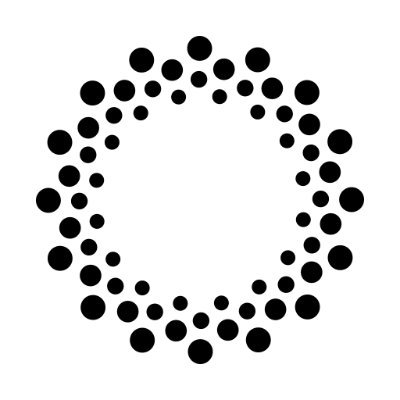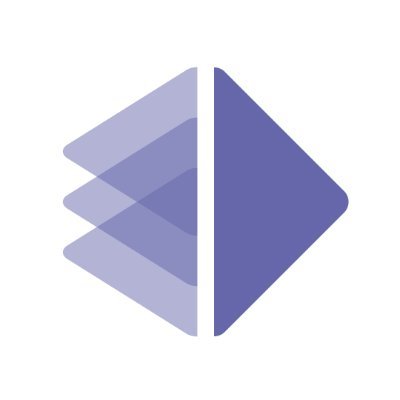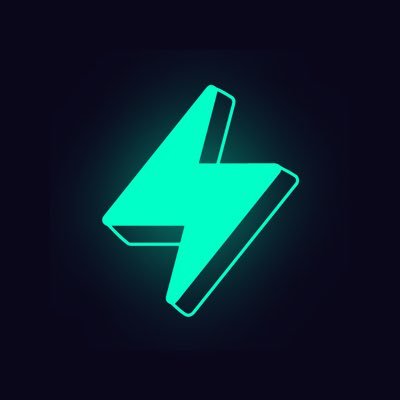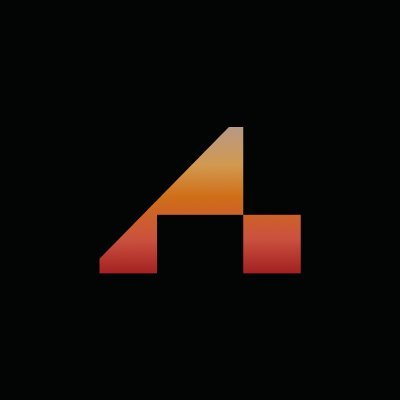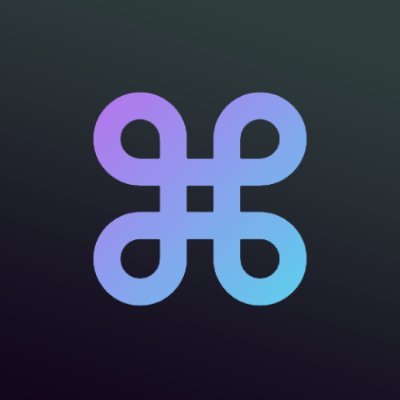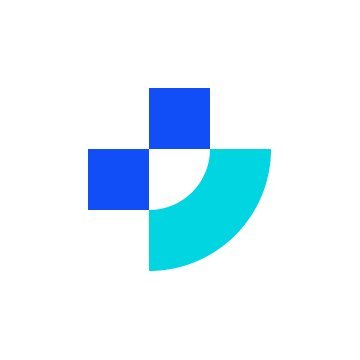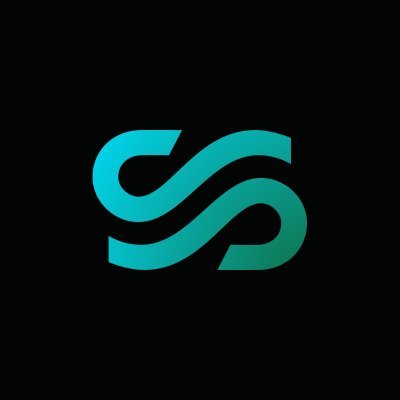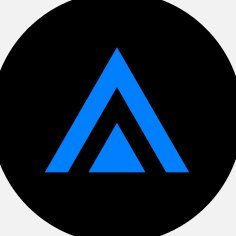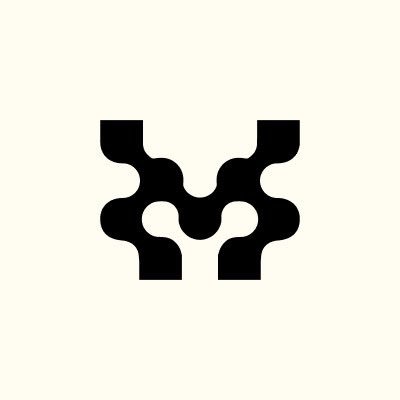Celestia's large-scale airdrop, Eclipse releases new Layer2 solution, what are the latest developments in modular blockchain?
Author: flowie, ChainCatcher
Last night, the modular blockchain star project Celestia lived up to expectations by announcing a large-scale airdrop, with 7,579 developers and over 570,000 on-chain addresses eligible for the airdrop, reigniting market interest in modular blockchains.
As the first public chain to emphasize the concept of modular blockchains, Celestia completed a $55 million financing round in October 2022 with a valuation of up to $1 billion and has stimulated innovative development in this sector through initiatives such as the establishment of the Celestia Modular Fellows modular research program.
Currently, according to the crypto data platform RootData, there are nearly 30 projects related to the modular blockchain concept, with nearly 10 projects such as AltLayer, Artela, and Astria receiving investments from well-known institutions this year. In addition to the significant news of Celestia's airdrop, other key projects in this sector have also made varying degrees of progress, such as Eclipse releasing its latest L2 solution last week; AltLayer's Altitude testnet activities announcing the start of the fourth phase; and Fuel launching its fourth public testnet Beta-4…
Looking back at the background of the birth of modular blockchains, they are composed of multiple components such as consensus, execution, settlement, and data availability. Traditional monolithic blockchains, represented by Ethereum and Solana, face limitations when executing these tasks alone and cannot solve the scalability trilemma. In contrast, modular blockchains separate these components into multiple modules, each utilizing specialized providers to achieve customization through combinations. Therefore, modular blockchains have been a highly regarded technological route in the crypto industry since their inception. What are the latest developments in this area? This article briefly summarizes the latest dynamics of other representative modular blockchain projects beyond Celestia.
Eclipse
Eclipse is a modular Rollup platform that raised $15 million in total funding in 2022, with investors including Polychain, Polygon Ventures, Tribe Capital, Infinity Ventures Crypto, and CoinList. Eclipse co-founder & CEO Neel Somani has a background with Airbnb, Two Sigma, and Oasis Labs, while Eclipse's Chief Business Officer Vijay was previously the head of business development for the Uniswap and dYdX teams.
Eclipse is currently only running on the testnet, and applications for testing can be submitted through the official website. Last week, Eclipse officially released its mainnet architecture. As the latest L2 solution, it features the integration of Solana's SVM (Solana Virtual Machine). Specifically, Eclipse will use Ethereum as the settlement layer, embed the Solana Virtual Machine (SVM) as the execution environment, publish data to Celestia for scalable DA (data availability), and complete ZK fraud proofs through RISC Zero.
Recently, Neel Somani mentioned in the Bankless podcast that Eclipse's original intention was to bring Solana to Ethereum. They hope to leverage Solana's execution capabilities while utilizing Ethereum's settlement and liquidity, but faced many limitations and constraints, the main challenge being the high cost of Ethereum's data availability. Therefore, they decided to introduce Celestia and Risk Zero, with Celestia used for data availability and Risk Zero for fraud proofs.
Regarding the plans for Eclipse's mainnet token, Neel mentioned that there is currently no token for the Eclipse mainnet. He stated that the reason is that Eclipse's operating costs are relatively low (mainly paying for block space fees on Celestia and Ethereum), so there is no need for a token issuance to pay validators.
From the Eclipse official website, dozens of projects, including BNB Chain, the Solana SVM Rollup "Cascade" launched by Injective, Near, and the modular blockchain Avail developed by Polygon, are deployed on the Eclipse testnet or are strategic partners.
AltLayer
AltLayer is a decentralized Rollup-as-a-Service protocol, with its entire stack designed modularly, allowing end users to choose Rollups based on their needs. Rollup SDKs support Arbitrum Orbit, OP Stack, etc. The data availability layer supports Eigenlayer, Celestia, and Astria.
AltLayer's founder & CEO JiaYaoqi previously led the construction of Parity technology and is also a co-founder and advisor of Zilliqa.
In August of this year, AltLayer received strategic investment from Binance Labs, having previously raised $7.2 million in July 2022 led by Polychain, Jump Crypto, and Breyer Capital.
In April of this year, AltLayer announced the launch of a no-code Rollup Launchpad dashboard for free trial, allowing all users to deploy their own L2 with one click without writing any code. In May, AltLayer announced the launch of the first multi-sequencer testnet for Rollups, promising to alleviate censorship and enhance the security and usability of Rollups. In August, AltLayer released an API and SDK suite for programmatically accessing custom Rollups, allowing developers to dynamically create, monitor, and terminate Rollups based on application needs using a range of endpoints.
Currently, the AltLayer Altitude testnet activities have announced the start of the fourth phase, themed "On-chain Games," where users can experience games like Ottie 2048, Cellula, and Loot Royale to earn points. These games are built on the Turbo framework for autonomous worlds, newly released by AltLayer in September, which is customized as a Rollup stack optimized for "Autonomous Worlds," enabling developers to build autonomous worlds that go beyond full-chain games.
Fuel
Fuel focuses on being the execution layer in modular blockchains and shares the same co-founder, John Adler, with Celestia. John Adler is also one of the earliest proponents of the Optimistic Rollup solution.
Fuel completed an $80 million financing round led by Blockchain Capital and Stratos Technologies in September last year and launched a developer testnet beta-1 in the same month, allowing developers to deploy contracts without permission or whitelisting, and users can interact with the deployed contracts.
A year later, Fuel has launched its fourth public testnet Beta-4, which adds public P2P access and multi-token support, supporting native-level NFTs, multi-asset pools, etc. However, Fuel stated that Beta-4 is not an incentivized testnet. In December last year, Fuel indicated plans to launch a complete mainnet in 2023.
Additionally, Fuel has recently launched a grant program for ecosystem development. According to Fuel's second-quarter report, after the Beta version of Fuel Wallet was released on the Chrome Store, downloads have exceeded 30,000. Fuel Wallet aims to allow users to explore DApps on Fuel and manage their crypto assets in one place, supporting transparent transactions, multi-account management, and easy tracking of assets on the Fuel network. Projects based on Fuel include Spark, Fuelet, Acumen, PlayEstates, and others.
Avail
Avail is a modular blockchain developed by Polygon, focusing on data availability, sorting, and recording blockchain transactions without needing to download the entire block to prove block data availability, allowing for scalability that a single-layer blockchain cannot achieve. Additionally, off-chain scaling solutions can unleash their full potential by transferring data availability to Avail. Independent chains can enhance the security of validators using Avail to ensure data availability.
In March of this year, Polygon announced that Avail had been spun off into an independent entity, with co-founder Anurag Arjun leaving and acquiring Avail, and the Avail team migrating to the new entity. In April, Polygon's research head Prabal Banerjee also left and announced joining Avail as a co-founder of the project.
The "Kate" testnet for Avail launched its second phase in June this year, with the first phase allowing Avail to experiment with basic operations, execute on-chain functions, and run protocol governance. The second phase will include a more comprehensive testing environment to encourage validator participation; subsequently, a "data attestation bridge" will be launched to reduce costs between Ethereum Layer 2 and Layer 3; and a new prototype of the Optimism EVM (OpEVM) software development kit (SDK) will be open-sourced to allow developers to build sovereign, EVM-compatible Optimistic Rollups.
Astria
Astria is a shared sequencer network aimed at enabling anyone to deploy their own censorship-resistant Rollup without relying on centralized sequencers, and Rollups can be retrieved from Astria immediately after block creation. Shared sequencers are also one of the ten important areas highlighted in the recent "Hero List" released by Paradigm. It is reported that Astria's co-founder and CEO Josh Bowen was previously a developer at Celestia.
In April of this year, Astria completed a $5.5 million seed round led by Maven11, with participation from 1kx, Figment Capital, Delphi Digital, Lemniscap, and others. Astria is currently collaborating with other modular blockchains such as Celestia, Eclipse, and AltLayer.
Caldera
Caldera is a Rollup-as-a-Service (RaaS) protocol dedicated to enabling anyone to launch and run dedicated, high-performance second-layer blockchains "Rollups." The two co-founders, Parker Jou and Matt Katz, both graduated from Stanford University.
In February of this year, Caldera announced that it had raised $9 million in two funding rounds, led by Sequoia Capital and Dragonfly, with participation from Neo, 1kx, Ethereal Ventures, and other angel investors.
Subsequently, in March, Caldera launched two public testnets (EVM compatible) on Ethereum Goerli and Polygon, allowing developers to deploy smart contracts and connect using common tools like Ethers.js and Thirdweb. Ordinary users can add the testnet to their wallets and interact with the deployed contracts. However, Caldera stated that this testnet is not an incentivized testnet, and participation will not grant any token rights. In May, Caldera was selected as one of the 16 Web3 accelerator projects announced by Alliance DAO.
Caldera has announced collaborations with projects such as Injective, Loot, Manta Network, Syndr, and Biconomy. For example, recently, Caldera announced a partnership with Injective to launch its inEVM Layer 2 testnet, aiming to allow Ethereum applications to run natively on this network, with mainnet deployment planned for the fourth quarter.
dYmension
dYmension is a modular settlement layer in the Cosmos ecosystem, providing all the tools and infrastructure needed to launch rollups as part of the Cosmos ecosystem.
dYmension completed a $6.7 million seed round in early February this year, led by Big Brain Holdings and Stratos, with participation from Matchbox DAO, Shalom Meckenzie of DraftKings, and others. dYmension also launched the public testnet Dymension Hub 35-C in the same month, with nearly 100 genesis validator nodes starting to operate.
In August of this year, dYmension announced the official launch of the incentivized testnet Froopyland, designed for permissionless IBC RollApp deployment. In the future, 1% of the total genesis supply of DYM (10 million tokens) will be allocated to the Froopyland incentivized testnet, which will last for three months. It is reported that the total supply of the dYmension token DYM is 1 billion tokens, of which 1% will be distributed to RollApp deployers (4 million), validators (4 million), test users (1 million), and the top 10 Rollapes (1 million).
Additionally, according to previous reports from The Block, dYmension's co-founder and CEO Yishay Harel stated that before the mainnet launch, dYmension plans to raise approximately $20 million in funding.
Nautilus Chain
Nautilus Chain is a Layer 3 modular chain built on Eclipse, combining the speed of Solana with the decentralization and security of Ethereum, aiming to become the fastest EVM chain available and capable of parallel transaction processing. Nautilus Chain was initially launched by the flow payment protocol Zebec Protocol.
In August of this year, Nautilus Chain announced the launch of its mainnet, stating that its ecosystem currently has over 80 strategic partners and service providers, with more than 70 projects deployed in the Nautilus ecosystem, including DEX PoseiSwap, premium derivatives trading platform Coral Finance, and payment protocol Coinflow.
In June, Nautilus Chain also announced the launch of DID digital identity, where holding this DID represents early rights identity on Nautilus Chain, including rights to receive ecosystem project tokens or NFT airdrops, whitelist for risk-free pre-mining in mining pools, whitelist for new projects on Nautilus Chain, governance investment qualifications, and investment and customized technical support as part of an independent DAO community. The initial batch of DID identities is limited to 100,000.
Sovereign
Sovereign is an ecosystem of interoperable and scalable Rollups that can run on any blockchain. Sovereign's free open-source toolkit, Sovereign SDK, helps developers build zk-rollups. The Sovereign website states that the Sovereign SDK currently has three goals: first, it will provide a standard interface allowing rollups to communicate with data availability layers. Second, it will integrate with cryptographic compilers, enabling developers to write code in standard programming languages, with the SDK automatically converting their business logic into a verifiable form. Finally, it will provide default implementations of common blockchain primitives such as tokens, NFTs, and bridges.
Sovereign completed a $7.39 million seed round in January of this year, led by Haun Ventures, with participation from Maven11, 1kx, Robot Ventures, Balaji Srinivasan, and others. Sovereign co-founder and CEO Cem Özer previously worked on the Ethereum Teku development team, responsible for producing the Ethereum 2.0 beacon chain client Teku.
Recently, Sovereign released the second Alpha version V0.2.0 of the Sovereign SDK, with key updates including implementing incentive management for Optimistic Rollups, managing incentives based on sorting through soft confirmations, implementing experimental EVM support, and providing general support for CLI wallets.
Artela
Artela is a scalable blockchain network that enables developers to build feature-rich dApps. Artela's scalability allows developers to achieve maximum customization (public/private) by creating modular extensions on top of a public infrastructure layer. Artela co-founder Jason Hu previously served as a senior strategic sales director at Tencent America.
In July of this year, Artela completed a $6 million funding round with participation from Shima Capital, Big Brain Holdings, SevenX Ventures, Dispersion Capital, Amino Capital, and A&T Capital.
Movement Labs
Movement Labs is a modular blockchain network based on the Move language, creating a modular framework called Movement SDK, which provides developers with the tools to build and deploy Move-based infrastructure, applications, and blockchains in any distributed environment.
It aims to build a suite of products and services that allow non-Move protocols to leverage the powerful capabilities of the Move programming language without writing a single line of Move code. The team's first version, M1, redefines L1 as a vertically composable and horizontally scalable first-layer framework that is compatible with Solidity, connecting EVM and Move liquidity, and allowing builders to customize modular and interoperable application chains out of the box.
Recently, Movement Labs announced the completion of a $3.4 million Pre-Seed round, with participation from Varys Capital, dao5, Eigenlayer's Calvin Liu, GMX's CoinFlipCanada, and others.






